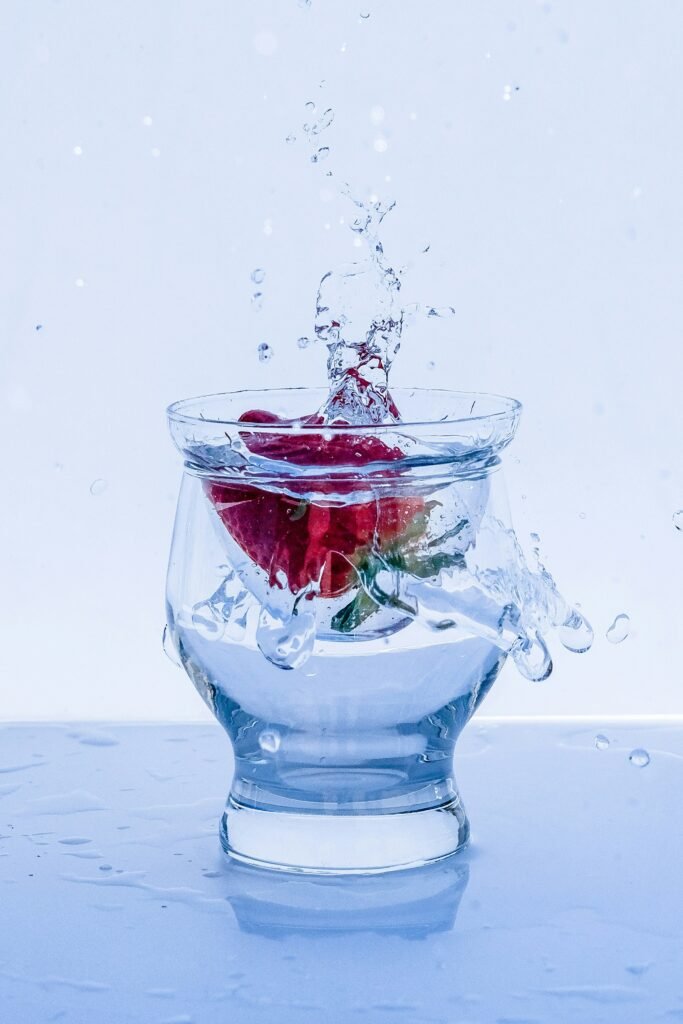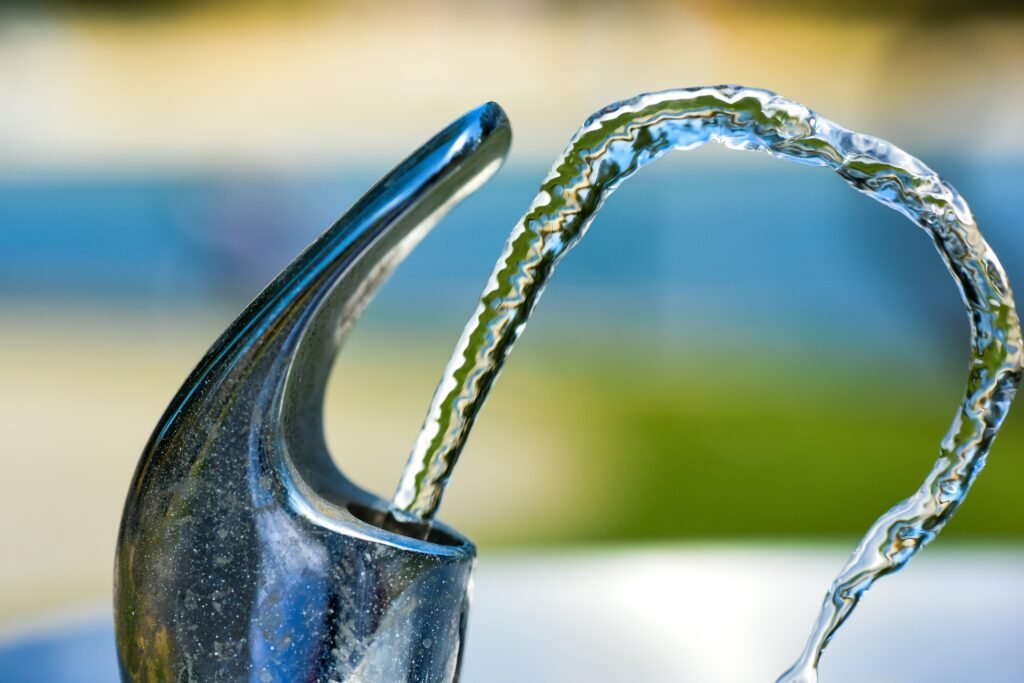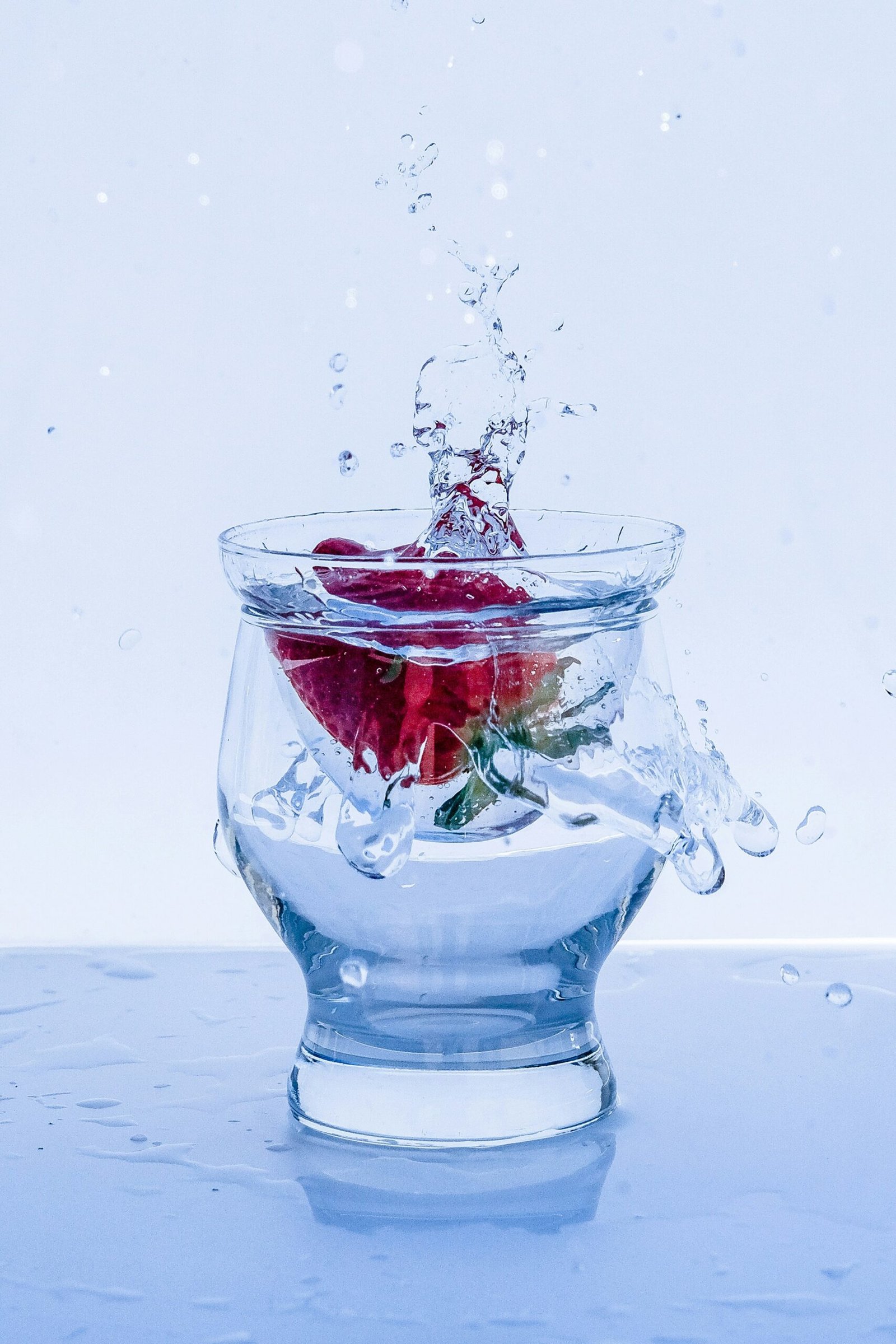Are you feeling drained and low on energy? Well, the secret to revitalizing your body and boosting your energy levels may lie in something as simple as staying hydrated! Hydration plays a crucial role in the overall functioning of our bodies, and its impact on our energy levels cannot be undermined. In this article, we will explore the fascinating connection between hydration and energy, uncovering the ways in which a well-hydrated body can unlock your full potential. So grab a glass of water and let’s dive into the refreshing world of hydration!

Introduction
Welcome to this comprehensive article on the importance of hydration and its impact on energy levels. In this article, we will explore the various ways in which staying properly hydrated is crucial for maintaining optimal energy levels throughout the day. From discussing the effects of dehydration on the body to exploring strategies for proper hydration, we aim to provide you with valuable insights and practical tips to keep you feeling energized and focused. So, let’s dive in!
The Importance of Hydration
Dehydration and its Effects
Dehydration occurs when your body loses more fluids than it takes in. This can be due to several factors such as intense physical activity, exposure to hot and humid environments, or simply not drinking enough water throughout the day. When you’re dehydrated, your body’s ability to function efficiently is compromised, leading to a range of negative effects.
The Role of Water in the Body
Water plays a vital role in maintaining overall health and well-being. It serves as a medium for various metabolic processes, aids in digestion, helps regulate body temperature, and acts as a lubricant for joints. Additionally, water is essential for the transportation of nutrients and oxygen to cells, removal of waste products, and proper functioning of organs and tissues.
Energy Levels and Hydration
Hydration and Physical Performance
Proper hydration is crucial for optimal physical performance. When you’re well-hydrated, your muscles are better able to contract and relax, allowing for improved strength, endurance, and overall athletic performance. Dehydration can lead to reduced athletic performance, increased fatigue, decreased motivation, and impaired coordination.
Hydration and Cognitive Function
Hydration not only affects our physical performance but also has a significant impact on cognitive function. Research has shown that even mild dehydration can negatively affect cognitive tasks, such as memory, attention, and decision-making. Maintaining adequate hydration levels is essential for optimal brain function, concentration, and mental clarity.
Hydration and Fatigue
Feeling fatigued and lacking energy can be a common consequence of dehydration. When your body is in a dehydrated state, it struggles to deliver oxygen and nutrients to your muscles and organs, leading to feelings of fatigue, weakness, and reduced stamina. By staying properly hydrated, you can combat fatigue and increase your energy levels throughout the day.
Factors Affecting Hydration
Climate and Environmental Factors
The climate and environment you find yourself in can have a significant impact on your hydration needs. Hot and humid environments, for example, can cause increased sweating, leading to higher fluid losses and a higher risk of dehydration. It’s important to be mindful of these factors and adjust your water intake accordingly.
Physical Activity and Sweat Loss
Engaging in physical activity, especially high-intensity exercise, significantly increases fluid loss through sweating. If you’re participating in activities that cause you to sweat profusely, it is crucial to replenish your fluids to maintain proper hydration levels. Remember to drink water before, during, and after your workout to ensure you stay hydrated and energized.

Signs of Dehydration
Thirst
The sensation of thirst is one of the body’s earliest warning signs of dehydration. If you’re feeling thirsty, it’s a good indication that you need to drink more water. However, it’s important to note that relying solely on thirst as a cue to drink water may not be sufficient, as it’s not always an accurate representation of your body’s hydration status.
Dark Urine Color
The color of your urine can provide valuable insights into your hydration levels. Urine that is dark yellow or amber-colored suggests dehydration, whereas lighter shades indicate proper hydration. Monitoring your urine color throughout the day can help you gauge your hydration status and adjust your water intake accordingly.
Dry Mouth and Skin
When you’re dehydrated, your body tries to conserve water by reducing saliva production, leading to a dry mouth and increased thirst. Additionally, dehydration can cause dry and flaky skin, as well as chapped lips. These symptoms serve as reminders to prioritize hydration and provide your body with the fluids it needs.
Fatigue and Lethargy
Dehydration can often manifest as fatigue and lethargy. When your body lacks proper hydration, it struggles to transport oxygen and nutrients efficiently, leading to decreased energy levels and feelings of exhaustion. If you find yourself constantly fatigued, it’s worth examining your hydration habits and ensuring you’re meeting your body’s fluid needs.
Strategies for Proper Hydration
Water Intake Guidelines
While there is no one-size-fits-all approach to water intake, there are general guidelines that can help you stay properly hydrated. The Institute of Medicine recommends a daily water intake of about 3.7 liters for men and 2.7 liters for women, which includes fluids from both drinks and food. However, individual needs may vary depending on factors such as age, weight, activity level, and climate. It’s important to listen to your body’s thirst cues and adjust your water intake accordingly.
Monitoring Hydration Levels
Monitoring your hydration levels can be a helpful way to ensure you’re staying properly hydrated. Keeping track of your fluid intake throughout the day using a water bottle or hydration app can provide valuable insights into your hydration habits. Additionally, checking the color of your urine and paying attention to other signs of dehydration can help you gauge your hydration levels and make necessary adjustments.
Hydration for Athletes
Athletes have increased fluid needs due to the higher levels of physical activity and sweat loss they experience. It’s essential for athletes to develop a hydration plan that includes pre-, during, and post-workout fluid intake. Before exercise, it’s recommended to drink 16-20 ounces of water or a sports drink. During exercise, aim to drink 7-10 ounces of fluid every 10-20 minutes, and after exercise, replenish the fluids you have lost with water or a sports drink.

Effects of Overhydration
Water Intoxication and Hyponatremia
While adequate hydration is crucial, it’s important to be aware of the dangers of overhydration. Drinking excessive amounts of water without electrolyte replenishment can dilute the electrolyte levels in your body, leading to a condition called hyponatremia or water intoxication. This can cause symptoms such as nausea, headache, confusion, seizures, and in severe cases, can be life-threatening.
Electrolyte Imbalance
Electrolytes, such as sodium, potassium, and magnesium, play a critical role in maintaining proper hydration levels and supporting various bodily functions. However, excessive water intake without electrolyte replacement can disrupt the balance of these essential minerals, leading to an electrolyte imbalance. It’s important to ensure a proper balance between water intake and electrolyte replenishment.
Hydration and Sleep
Impact of Hydration on Sleep Quality
proper hydration can also influence the quality of your sleep. Dehydration can cause discomfort, muscle cramps, and dryness, which can disrupt your sleep and leave you feeling fatigued the next day. Staying hydrated before bed can help promote a more comfortable and restful sleep, allowing you to wake up feeling refreshed and energized.
Tips for Staying Hydrated During Sleep
To stay hydrated during sleep, it’s advisable to drink an adequate amount of water throughout the day. However, be mindful of not consuming excessive fluids close to bedtime, as it may disrupt sleep with frequent trips to the bathroom. Additionally, keeping a glass of water by your bedside can serve as a reminder to hydrate immediately upon waking up.
Hydration and Energy Drinks
Caffeine and its Effects
Energy drinks have gained popularity as a quick fix for boosting energy levels. However, it’s important to note that most energy drinks contain high levels of caffeine, which can have its pros and cons. While small amounts of caffeine can enhance alertness and cognitive function, excessive consumption can lead to increased anxiety, disturbed sleep patterns, and dehydration. It’s crucial to consume energy drinks in moderation and consider alternative sources of hydration.
Sugar Content and Energy Levels
Many energy drinks also contain high levels of sugar, which can provide a temporary energy boost but eventually lead to a crash. Consuming excessive amounts of sugar can result in energy fluctuations, increased fatigue, and disrupted blood sugar regulation. Opting for healthier alternatives like water, herbal teas, or low-sugar electrolyte drinks can provide sustainable energy without the negative effects of excessive sugar consumption.
Conclusion
In conclusion, proper hydration plays a vital role in maintaining optimal energy levels throughout the day. From enhancing physical performance to supporting cognitive function and combating fatigue, staying properly hydrated is essential for overall well-being. By paying attention to the signs of dehydration, monitoring your hydration levels, and following practical strategies for proper hydration, you can ensure that you have the energy you need to thrive. So, drink up and stay energized!
Losing weight and keeping it off can be a challenge. I’m here to show you good-tasting foods and drinks that help you lose weight, and are enjoyable to eat.




